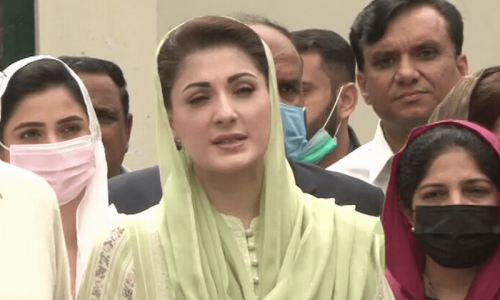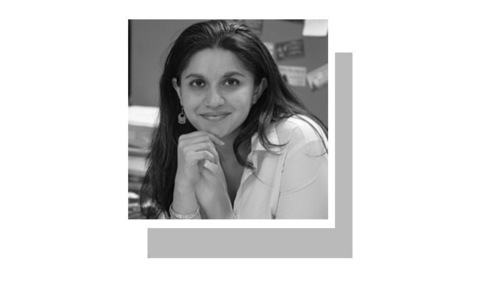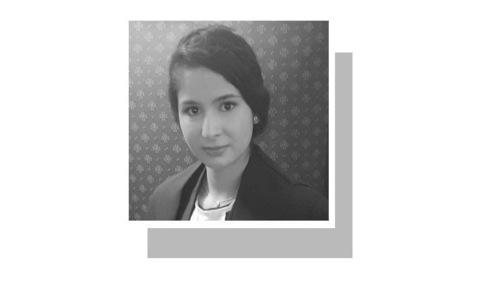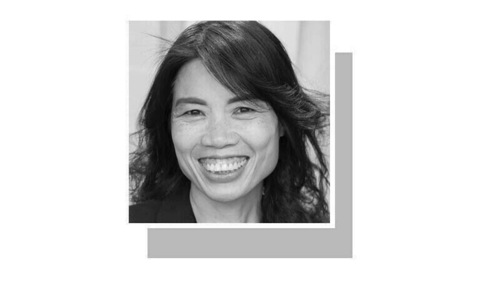QUETTA: A suicide bombing inside a mosque claimed 15 lives, including that of a deputy superintendent of police, and left 19 others wounded in the Satellite Town area of Quetta just two days after a targeted attack on a Frontier Corps vehicle in a busy market of the provincial capital.
While the Tuesday attack had been claimed by Hizbul Ahrar, the AFP wire service says that responsibility for the Friday bombing was claimed by the militant Islamic State (IS) group citing the SITE intelligence group. According to AFP, spokesman for the Balochistan government Liaquat Shahwani in a late-night statement confirmed that it was a suicide attack.
Witness Fida Mohammad, who was offering prayers at the mosque at the time of the blast, said that around 60 people were present there. The explosion ripped through the front row of the faithful shortly after the prayer began. “It was a powerful blast, people were screaming and running here and there — many people were injured because of the stampede,” he said.
The terrorist attack was promptly condemned by President Arif Alvi, Prime Minister Imran Khan and Chief Minister Jam Kamal Khan Alyani.
IS claims responsibility for mosque suicide attack
Police said the mosque and the adjacent seminary situated in Ghousabad belong to a prominent cleric, Sheikh Hakimullah. While there were reports that the prayer leader, too, lost his life in the explosion besides DSP Haji Amanullah Ishaqzai, the police did not confirm the reports explaining that investigations were under way to ascertain facts.
Initial investigations indicated that an improvised explosive device (IED) was used in the attack, though police had not ruled out the possibility of a suicide bombing, as Home Minister Ziaullah Langove, who along with Balochistan police chief Mohsin Butt visited the mosque after the explosion, said: “Suicide attack on the mosque could not be ruled out.”
The actual situation would be clearer once investigations were completed, he had told reporters.
“Nine people died on the spot and over two dozen others were injured,” Quetta DIG Police Abdul Razzaq Cheema said, adding that six of the injured victims later died during treatment at hospital.
Soon after the blast, FC and police personnel rushed to the site and after cordoning off the area shifted the bodies and the injured to Civil Hospital, Quetta.
“We have received 15 bodies and 19 injured so far,” Dr Wasim Baig, spokesman for the hospital, told Dawn. He said the condition of at least seven injured was serious.
Meanwhile, a bomb disposal squad reached the spot and started collecting evidence.
A senior investigation official requesting anonymity said the blast seemed similar to the Kuchlak mosque explosion that took place in August last year. It claimed at least four lives and injured 25 others. The prayer leader, who was later identified as Hafiz Hammadullah, had also lost his life.
The Friday evening blast claimed the life of DSP Ishaqzai, who had come to the mosque for offering prayers. Only last month, his young son, Najeebullah, had been killed by unidentified attackers in the Sariab road area.
In all, 12 of the 14 blast victims were identified as DSP Ishaqzai, Jamil Ahmed, Hikmatullah, Abdul Hadi, Imamullah, Akbar Khan, Adam Khan, Hafeezur Rehman, Shamsullah, Junaid, Qudratullah and Zakaullah.
Balochistan Chief Minister Jam Kamal Khan condemned the brutal act and ordered the authorities concerned to immediately submit a detailed report of the incident. He said such assaults could not hit the morale of the nation.
“Enemies of peace and progress of Balochistan and Pakistan are attempting to destabilise the country,” said CM Alyani, while directing the law enforcement agencies and security forces to tighten security in the provincial capital and other parts of the province.
Mr Alyani, who also holds the portfolio of health ministry in absence of heath minister, declared emergency in all government hospitals. He also issued orders for provision of best medical treatment facilities to the blast victims.
He expressed deep sorrow and grief over the demise of over a dozen people and prayed for quick recovery of the injured.
Acting governor Mir Abdul Qudoos Bizenjo while condemning the blast said terrorists had attempted to sabotage the country’s peace but the nation was united to foil their nefarious designs. He directed the law enforcement agencies to tighten security and arrest the culprits at the earliest.
Imran, Alvi condemn blast
President Dr Arif Alvi and Prime Minister Imran Khan condemned the blast, while the Inter-Services Public Relations (ISPR) quoted Chief of the Army Staff Gen Qamar Bajwa as saying that those “who targeted innocents in a mosque could never be true Muslim”.
In separate messages, the president and the prime minister expressed grief over the loss of lives and prayed for peace of the departed souls and early recovery of the injured. They also directed the authorities concerned to extend the best possible medical facilities to the injured.
The prime minister sought an incident report from the provincial administration, while the president noted that terrorists were “making wicked attempts to create unrest” in the country but the nation was united to foil such designs.
According to an ISPR tweet, the FC troops reached the blast site and cordoned off the entire area as a joint search with the police was under way, while the injured were being evacuated to the hospital. It quoted the COAS as saying “every possible assistance be given to police & civil administration. Those who targeted innocents in a mosque can never be true Muslim”.
Balochistan is key to the China-Pakistan Economic Corridor (CPEC), part of Beijing’s Belt and Road initiative. CPEC seeks to connect China’s restive western Xinjiang region with the Pakistani port of Gwadar, giving the world’s second-largest economy access to the Arabian Sea.
Published in Dawn, January 11th, 2020













































